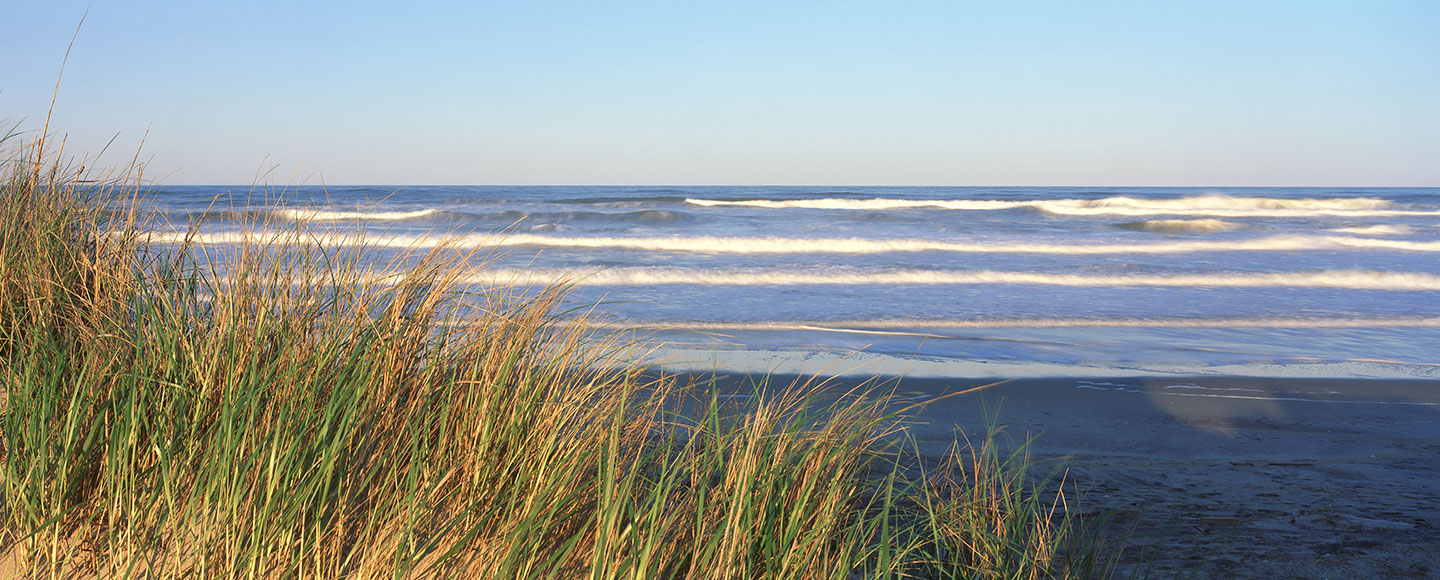
12.15.16
North Carolina Supreme Court Confirms State's Sandy Beach is Accessible for All
By Angela HoweSurfrider Foundation celebrates the North Carolina Supreme Court decision yesterday to allow for public access over the sandy beach in the Nies v. Town of Emerald Isle case. By dismissing the appeal of Gregory P. and Diane S. Nies, the state's high court affirms the very strong opinion in favor of public beach access rights issued by the Appellate Court last November. While the unsuccessful Plaintiff Nieses, a New Jersey couple who vacation at a home in North Carolina, were represented by the Pacific Legal Foundation, Surfrider Foundation was able to enter our amicus brief in support of the public's rights of access with the help of Ryke Longest and his team from the Duke University Environmental Law and Policy Clinic.
This Surfrider case began with the Bogue Banks Chapter and North Carolina Chapter network rallying together to support the Town of Emerald Isle in defending strong public trust beach access rights over the dry-sand beach in the state of North Carolina. This includes the area from the mean high water line to the inland dunes or line of vegetation. Specifically, in this case the private beachfront property owners claimed that their property rights were absolute and extended so far so as to exclude the beach going public from accessing the sand. The Town of Emerald Isle disagreed with this interpretation of beach access rights and argued that the right to public access over the wet and dry sand beach is a public trust right that is engrained in the consciousness of North Carolina beachgoers. The lower court and appellate court agreed with the Town.
With its action to dismiss, the North Carolina Supreme Court is safeguarding public trust rights to the state's beaches. As most North Carolina residents and visitors know, the public has traditionally and customarily had access to enjoy and freely use the ocean beaches and public trust waters of the coastal region for recreational purposes and the state has a responsibility to provide continuous access to these resources. Surfrider Foundation's brief argued that dry-sand access should be preserved on the basis of customary usage, the Public Trust Doctrine foundations for the rules, the history of U.S. Life Saving Service to protect the health and safety of public, and the Town's has proper use of police powers.
Surfrider Foundation is committed to continuing to safeguard free and open access on North Carolina beaches and defending beach access rights and opportunities around the nation.
